Argentina must pay a large deposit in a case brought by hedge funds seeking US$1.5 billion in compensation for losses in the nation’s growth-linked securities, London’s Court of Appeal ruled.
The nation must pay down 310 million euros (US$337 million) before a full appeal is heard. Hedge funds, including Palladian Partners LP, won the case for compensation in a lower court last year.
Argentina has until April 5 to deposit the cash in a trustee account, a judge ruled Thursday.
“Whilst I understand and am sympathetic to the impact any additional financial burden will have on a distressed economy, I am unpersuaded by the evidence and argument as to irremediable harm on the population,” Judge Stephen Phillips said in his decision.
The ruling comes as Argentina is heading into another recession this year provoked by President Javier Milei’s economic shock therapy, including a 54 percent currency devaluation and major austerity measures to tackle a chronic fiscal deficit. Milei still enjoys high approval ratings and market praise, but poverty estimated at 57 percent of the population in January is driving speculation about how long people will tolerate his approach.
Argentina’s Central Bank currently has more liabilities than cash on hand, known locally as negative net reserves. That reality dims any investor hope that the country can repay the GDP warrants anytime soon.
Seeking the deposit, the lawyers for the hedge funds alleged Argentina is unlikely to pay up “voluntarily and will obstruct and delay enforcement.”
At the root of the case is the country’s default on US$95 billion of debt in 2001 amid one of the worst financial crises in its history. GDP-linked bonds that pay out when the economic expansion reaches a set threshold, were part of a restructuring programme.
A dispute arose after Argentina changed the base year for calculating growth in 2013. The four funds, including HBK Master Fund LP, Hirsh Group LLC and Virtual Emerald International Ltd. had petitioned the UK court in 2019 alleging Argentina avoided payments on the bonds by making the change.
The changes were necessary to avoid the returns on the warrants to be guided by outdated measures of growth until 2035, lawyers for Argentina had argued.
Lawyers for Argentina and a spokesperson for the Economy Ministry did not immediately respond to emails seeking comment.
Aidan O’Rourke, a lawyer representing the four funds said in a statement he was “gratified” by the court’s ruling and is confident that the final court of appeals hearing will uphold the 2023 judgment requiring Argentina to pay the money owed on its GDP warrants.
by Upmanyu Trivedi, Patrick Gillespie & Kevin Simauchi, Bloomberg







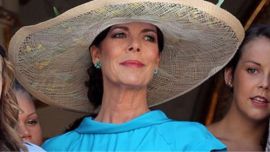



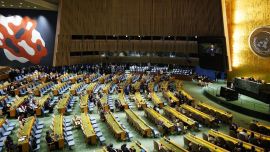
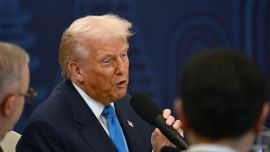
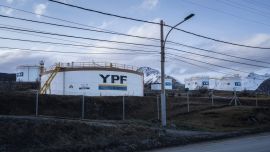

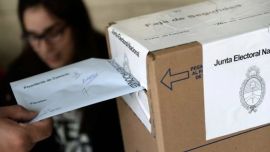
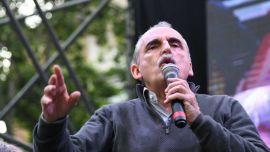
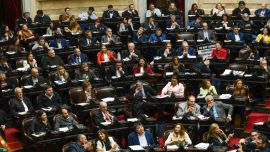


Comments